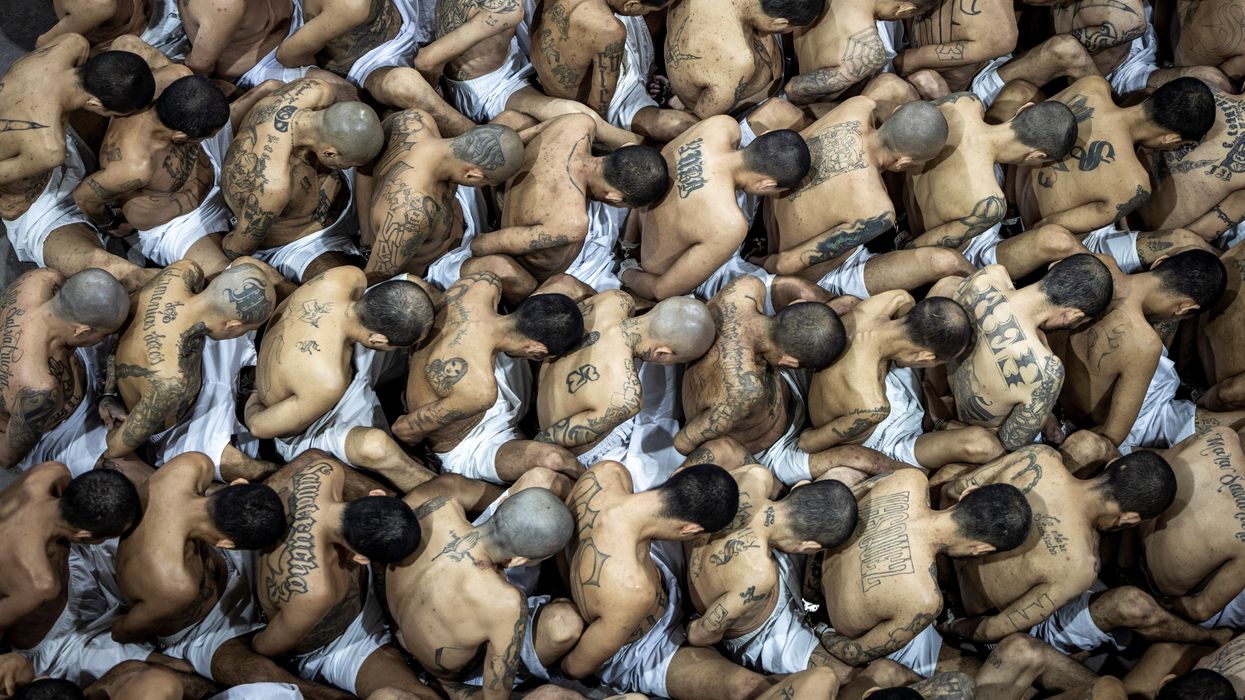Editor's Picks
Twenty years since the IRA put down its guns: What’s changed in Northern Ireland?
Twenty years ago, the Provisional Irish Republican Army (PIRA) agreed to lay down their weapons and end its armed campaign to achieve a united Ireland free of British rule.
Jul 29, 2025


